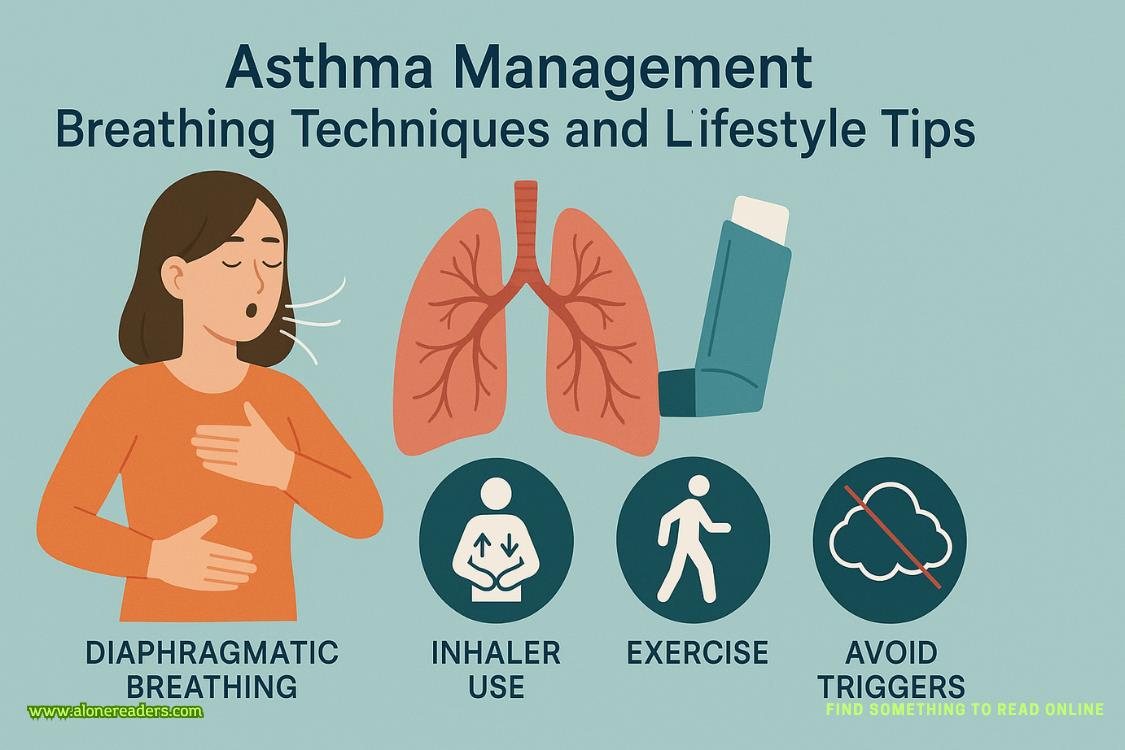Page 53 of King's Man
Because there was no way Nate was giving Talmach the letter containing Sam’s name. No way he’d allow the colonel, or anyone else, to do Sam harm. And therefore, no reason for Sam to know anything about it.
Which was why Nate only said, “It’s more complicated than you realize.”
“Of course it is.”
“What does that mean?”
“Never mind.” Sam tugged his hat down against the morning sun, plunging half his face into shadow.
“Sam —”
“It doesn’t matter.” He sounded more resigned than angry. “I don’t think MacLeod recognized you, Nate. He’d have said so if he did — loudly. So, don’t worry, Farris will still get his deal.”
“It’s not about Farris —”
“I know!” Sam took a breath, then more calmly added, “I know America needs him, or needs this trade deal. It’s all about the greater good. I understand.”
Frustrated, Nate sighed. “You’re right, in a way. It is about the greater good. We’re trying to build a new country and sometimes we have to make compromises.”
“That’s what you call them?”
“Sam —”
“Look, I know how important this is to you. I do.” Sam hunched forward as if he were closing ranks, sparing Nate a sad smile. “I always did.”
Nate gripped his arm, looking for last night’s connection in Sam’s eyes. “It’s not theonlything that’s important to me. It never was. Not by far.”
But Sam shook his head and pulled away, shifting until a cool slice of air separated them. “Look,” he said, nodding toward the end of the street, “there’s the livery. Let’s get on our way quickly.”
Nate made a wordless noise of agreement. He could do no more than that because those few empty inches Sam had set between them opened up a dull space in his chest, illustrating exactly why he’d hidden the truth from Sam.
And why he must hide it still.
∞∞∞
Once they’d returned to the posting inn and picked up the chaise, they made good time back to London, paying the post-boys extra to travel through the night despite the risk of robbery. Nate had decided that highwaymen were a lesser danger than the risk of John MacLeod reaching London ahead of him.
For the first day, they both sat on the box seat to dry off in the sun.
They didn’t talk much and dozed a great deal, the long sleepless night catching up faster than MacLeod. Once, Nate woke with his head on Sam’s shoulder, held in place by an arm around his back and his hat resting safely in Sam’s lap. He feigned sleep a little longer just to enjoy the closeness, to hold off the looming shadow of their parting. It worked for a while, but when he eventually stirred, Sam let him go with a regretful smile that only hollowed Nate out further.
The next morning, after they’d stopped for a quick breakfast, they sat on a bench in the inn’s yard and Sam changed the dressing on Nate’s arm. “No sign of infection,” he said, examining it in the bright morning sunshine. He sounded satisfied, but he retrieved the infernal tincture from his bag nonetheless and Nate could only grunt his thanks through gritted teeth.
When the pain had subsided, and Sam was wrapping his arm in a fresh cloth, Nate managed to say, “When did you become such an expert nurse?”
Sam’s gaze lifted to his, then dropped back to his arm. “At Simsbury.” He said no more, just tightened the bandage and left Nate to roll his sleeve down over it. “I’m going to see about new horses.”
Nate watched him stand and stretch his back before making his way across the yard towards the post-boys sitting with their beer. Impossible not to admire the straight line of his shoulders, the confidence of his stride. The glint of sunlight in his golden hair. Lovely. But Nate’s pleasure in the moment was shadowed by the mention of Simsbury Mine, where Sam had been imprisoned. And flogged. Perhaps with some of the very men whose names were on the letters Nate had tucked away in his haversack.
Making the most of a few moments alone, Nate fished the letters out of their oilcloth pouch to take a closer look. He’d half feared that the river would have rendered them unreadable, but the oilcloth had done its job and the letters were perfectly preserved. With one eye on Sam, who now leaned easily against the fence while he negotiated with the post-boys, Nate looked at the letters more thoroughly.
They weren’t all about Loyalist refugees in London. Most were from Americans, detailing neighbors and acquaintances who might be recruited to MacLeod’s cause. All provided lists of names: men and women who’d either expressed opposition to the war or who opposed the growing power of the Continental Congress.
To Talmach, this would read like a list of traitors, but to Nate’s mind most of it appeared to be little more than rumor, gossip, and speculation.
He glanced over at Sam — strong, capable, kindly Sam. In his soul, he knew that Sam was no traitor, that he’d never act to harm his country, whatever he thought of the war or its outcome. That was simply a matter of faith.
But how many others on MacLeod’s so-called list were the same? Gentle, generous, good men, guilty only of a difference of political opinion, who perhaps now wanted to forget the war and rebuild their lives in America. Did they deserve to be exposed, to be rooted out by Talmach and his men as enemies? Did their single divergence of political thought override every other virtue? Did it make them less worthy, lessAmerican?
- His to Command by Emma Bray
- Detention with Daddies by Sofia T. Summers
- Daddy's Heart by Dani Wyatt
- Tarnished Hands by T.L. Smith
- The Way We Win by Tia Louise
- Tracked By Hound by Cassi Hart
- Until Presley by E.M. Shue
- Love in Excess by N. Slater
- The Madness Within by Raja Savage
- Greek's Enemy Bride by Caitlin Crews
- Taken by Lena Little
- Maddox by Piper Stone
- Property of Madman by Sapphire Knight
- Sacrificing Zoriah by Emily Klepp
- Omega's Triplets by J.L. Wilder
- Tag by Natalie Bennett







